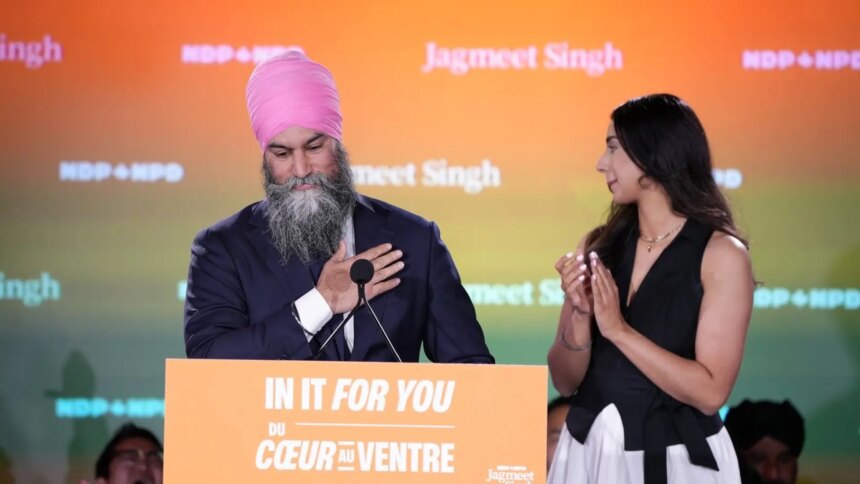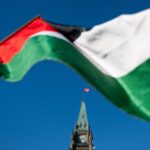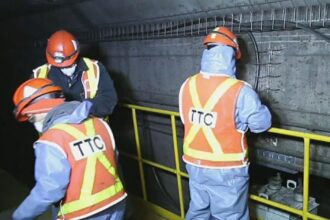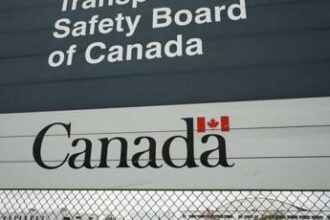The New Democratic Party stands at a critical crossroads as it prepares to launch its 2025 leadership race following Jagmeet Singh’s sudden resignation announcement last month. Party insiders reveal an organization grappling with substantial financial hurdles while simultaneously working to establish a competitive process to select its next standard-bearer.
“We’re entering uncharted waters with this leadership contest,” said Marion Phillips, a veteran NDP strategist who spoke with CO24 News on condition of anonymity. “The party faces the dual challenge of funding a national leadership race while addressing existing financial constraints that have been building since the last federal election.”
Financial disclosures filed with Elections Canada paint a concerning picture. The NDP reported approximately $3.4 million in outstanding loans at the close of 2024, while fundraising numbers have consistently lagged behind both the Liberals and Conservatives. According to party officials, these financial realities will inevitably shape the leadership contest parameters.
The race comes at a particularly challenging moment for Canada’s democratic socialists. Recent polling indicates the party has lost ground in key urban districts where it traditionally performs well, while facing renewed competition from the Greens in environmentally-conscious constituencies.
“The financial situation isn’t just about running the leadership race—it’s about the long-term viability of the party’s national operations,” explained Dr. Rebecca Thomason, political scientist at the University of Toronto. “Whoever takes the helm will need to address not just policy and electoral strategy, but fundamental organizational sustainability.”
Several potential candidates have begun testing the waters. Former MP Nathan Cullen, current finance critic Daniel Blaikie, and rising star Leah Gazan have all reportedly met with key party stakeholders in recent weeks. Sources within the NDP caucus indicate that the party’s electoral prospects in Quebec—where it once held significant support under Jack Layton—remain a central concern for leadership hopefuls.
The party’s federal council is expected to announce official race parameters next week, including entry fees and spending limits. Insiders suggest the entry threshold may reach $60,000—substantially higher than previous contests but necessary given financial constraints.
“What makes this particularly challenging is balancing accessibility with financial reality,” said Avi Goldberg, former NDP national director. “Set the bar too high, and you limit who can participate. Too low, and the party cannot fund the basic infrastructure needed for a credible national contest.”
Beyond finances, the leadership race will force the NDP to confront fundamental questions about its identity in Canadian politics. The party’s supply-and-confidence agreement with the Liberals has delivered policy wins but, according to critics, has blurred distinctions between the two parties in voters’ minds.
“The next leader faces three essential tasks,” noted political historian Margaret Vickers. “Restore party finances, reestablish the NDP’s distinctive voice in Parliament, and develop an electoral strategy that can translate progressive policies into parliamentary seats.”
As potential candidates prepare their campaigns, party members across Canada must now ask themselves: Can the NDP find a leader capable of addressing these organizational challenges while articulating a compelling vision that resonates with Canadians beyond its traditional base?










